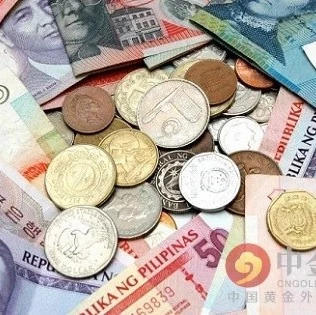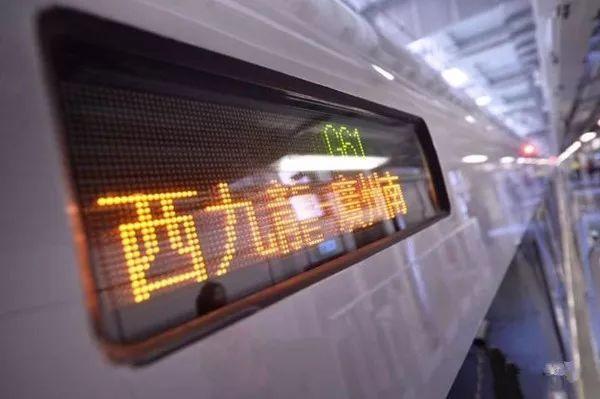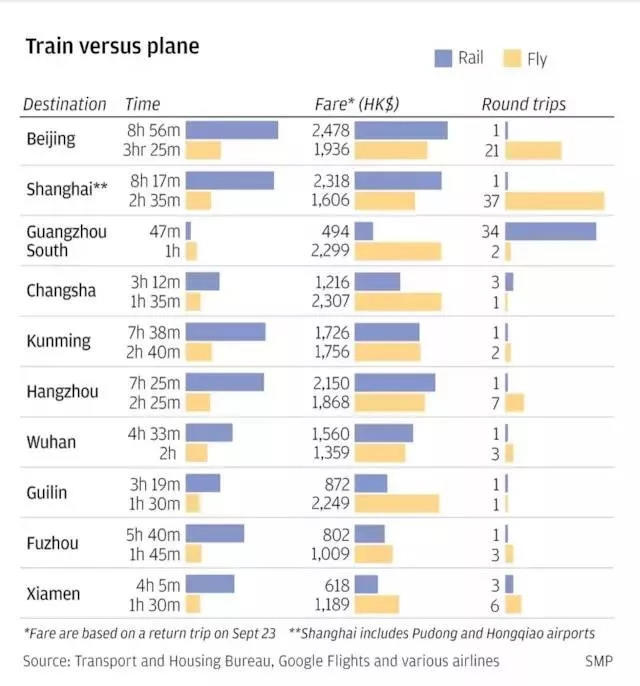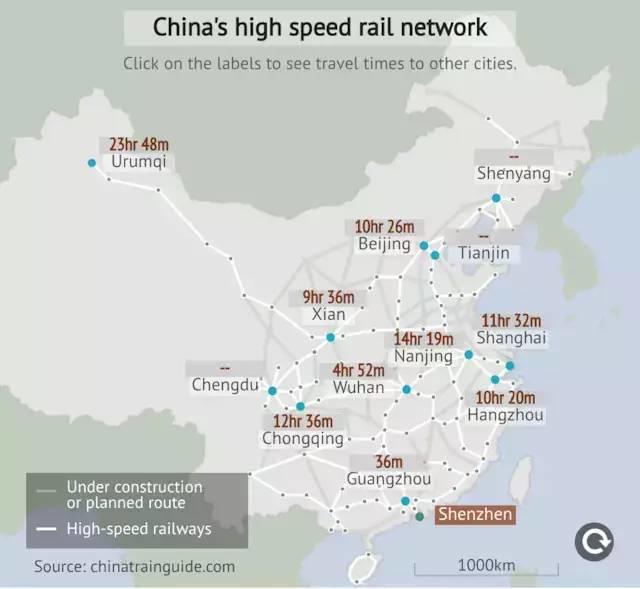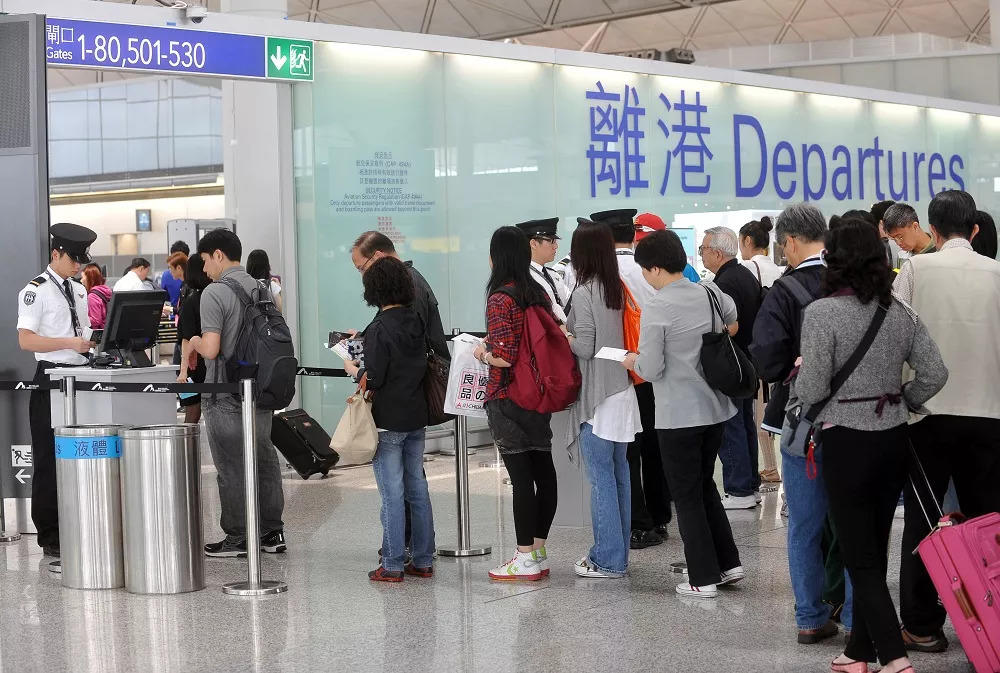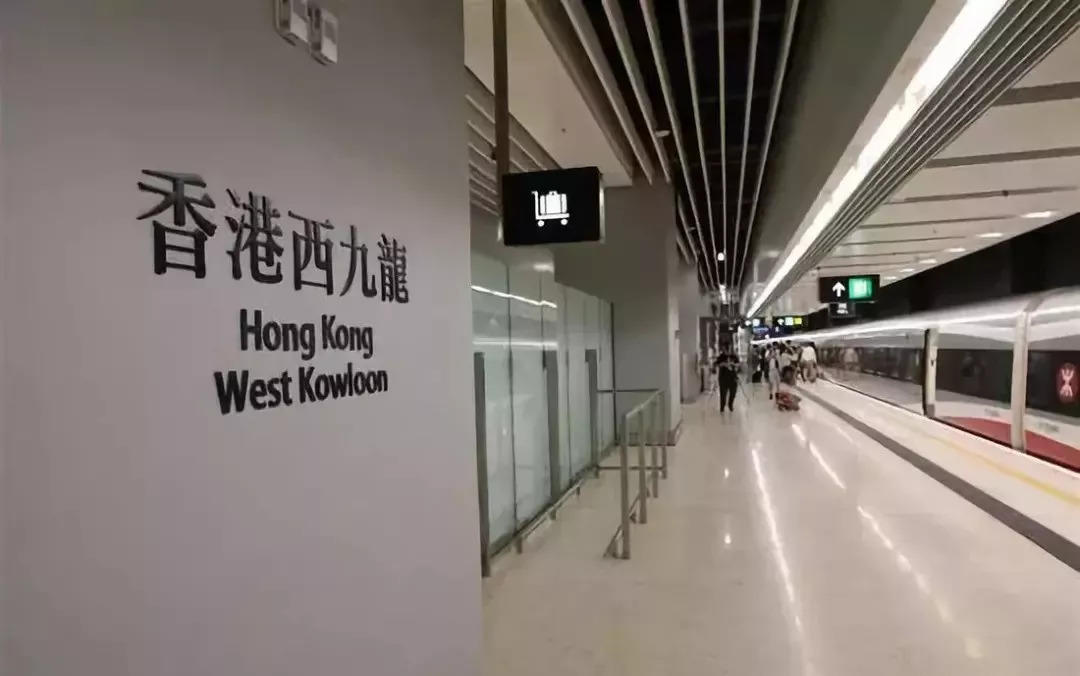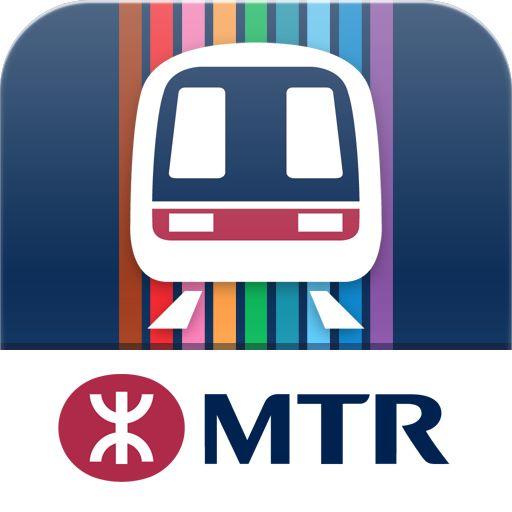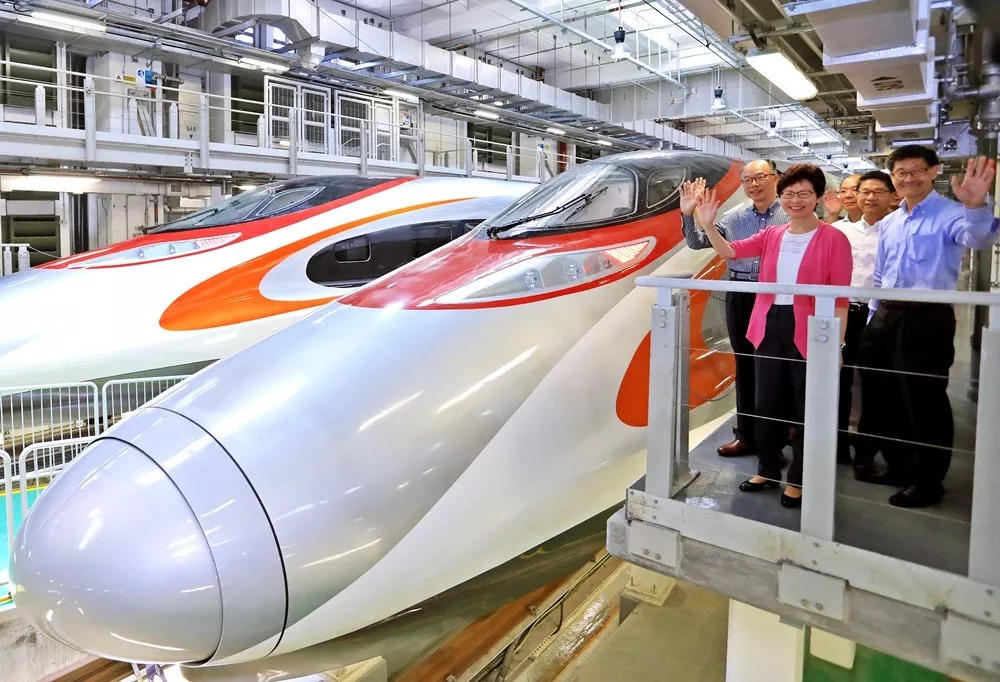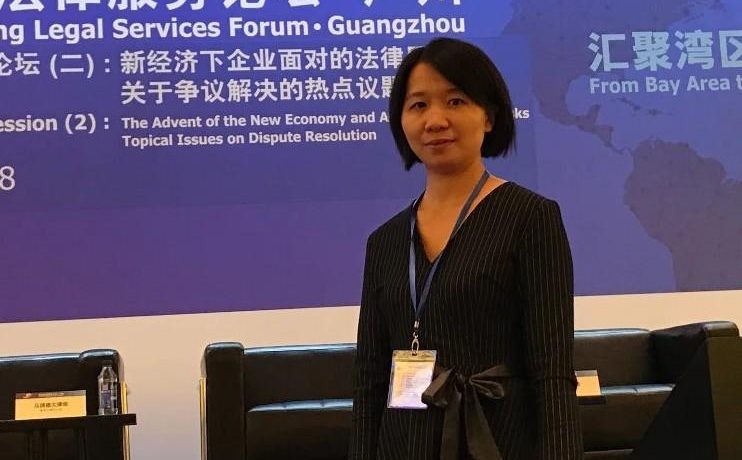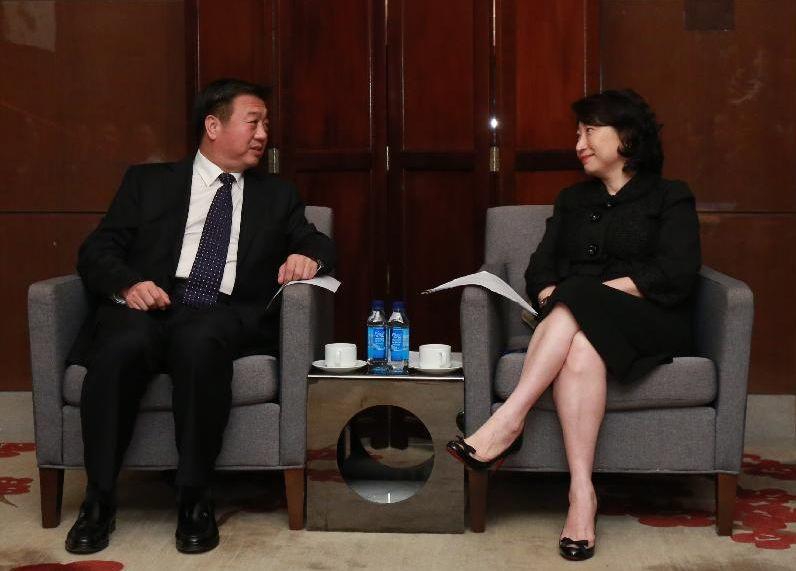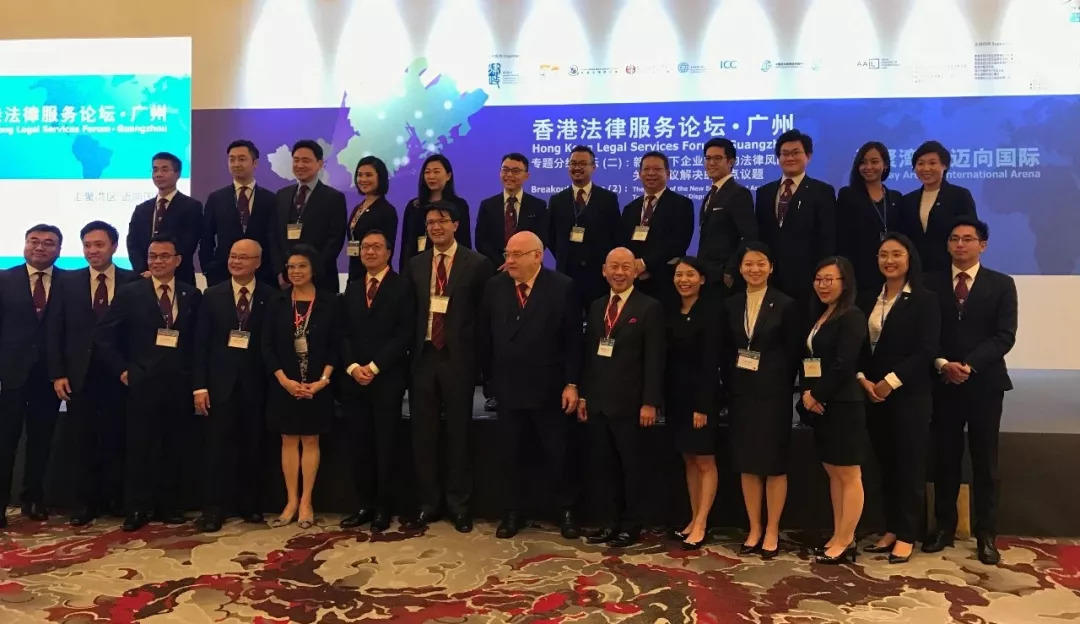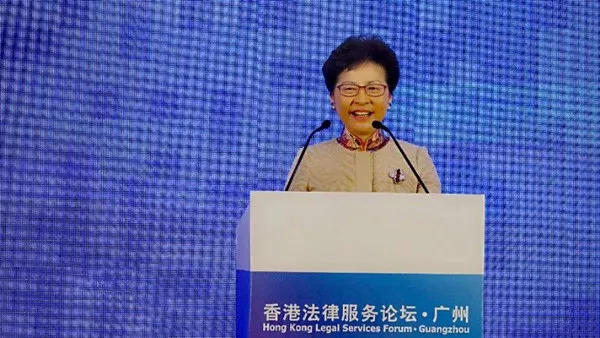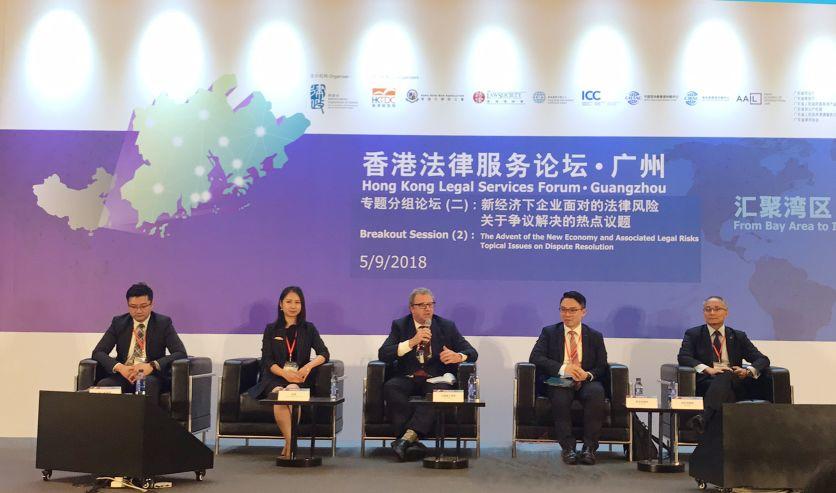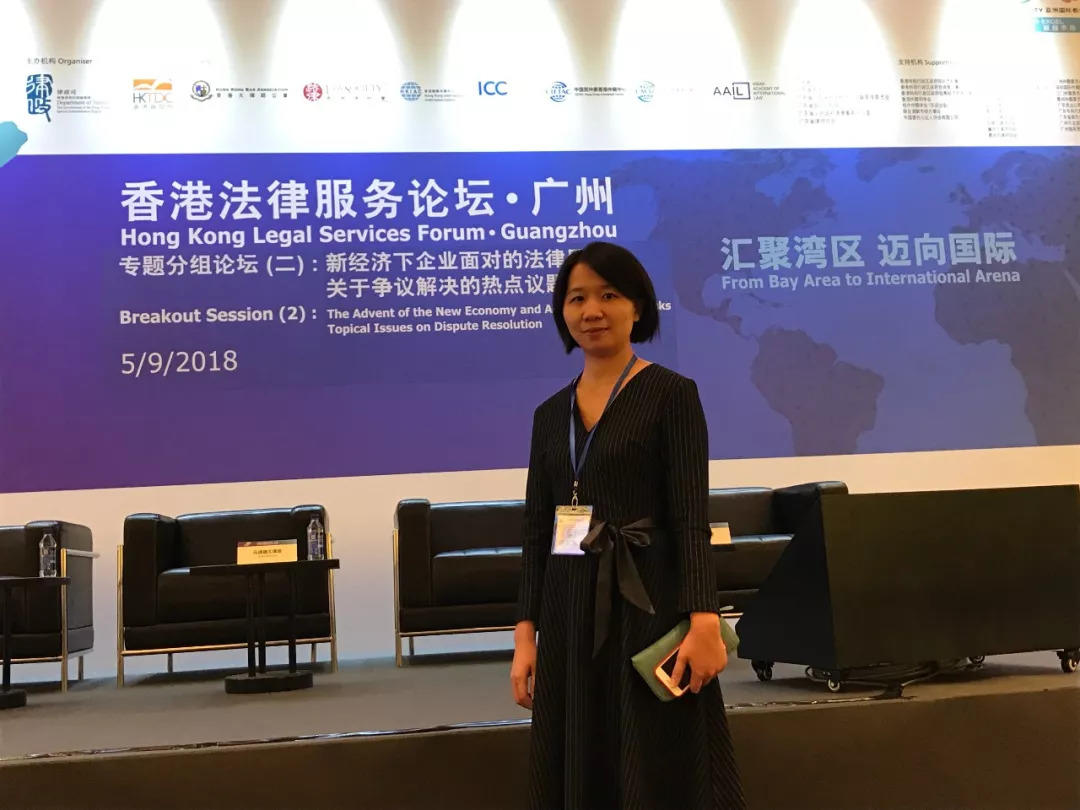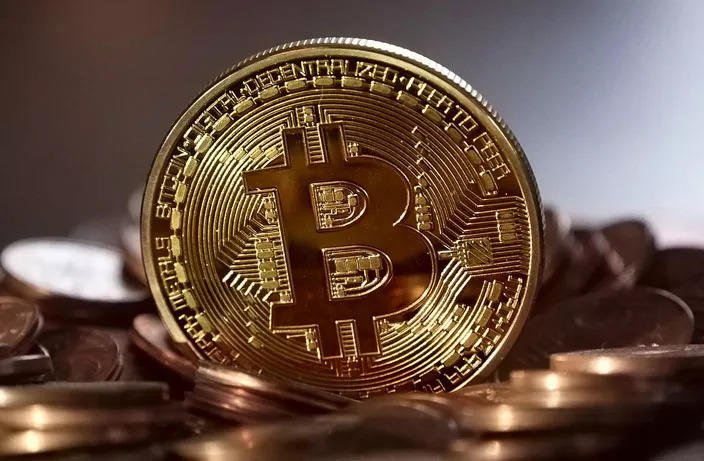Geopolitical risk in financial markets can, at times, feel menacing and imminent. At other times, the source of geopolitical risk can seem far away, and yet there is a clear impact at home.
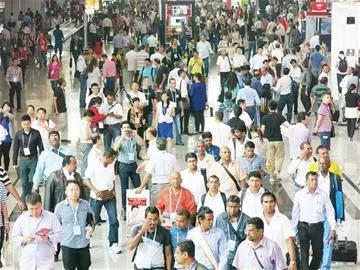
© Image | Baidu
The protracted trade tensions
Recent developments in emerging markets are a case in point. The weakness in emerging market assets this year was originally largely driven by geopolitical worries around the protracted trade tensions between the US and China, at a time when the Chinese economy is going through a phase of restructuring and slower growth. Admittedly, other risks such as messy US politics and Brexit have also played their part.
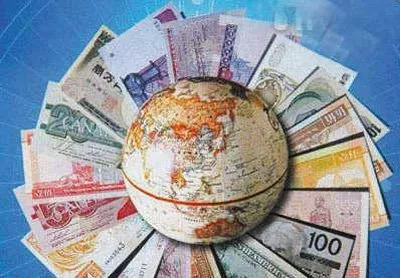
© Image | Baidu
In recent days, however, market moves have taken on another dimension, as more emerging market currencies have come under pressure, largely as a result of the currency crises in Turkey, Argentina and South Africa.
While these may seem far away and should, in principle, have limited real economic spillover in Asia, they do affect markets across the world by spooking investor sentiment in what is often called “contagion”.
Some time-tested lessons
In assessing the impact of geopolitical risks on portfolios, we can turn to some time-tested lessons from history.
-
First, uncertainty can be more damaging than the event itself;
-
Second, it is often in the currency or government debt markets – sometimes both – where geopolitical risks play out most strongly;
-
Finally, equity markets can at times prove surprisingly resilient to political turbulence.
Differences between emerging and developed markets
But there are differences between emerging and developed markets. While it is tempting to assume that a geopolitical issue will send investors running from all a country’s asset markets, this is mainly the case in emerging markets, where currency and asset markets tend to be positively correlated (moving in the same direction).

© Image | Baidu
In developed markets, however, currency and equity markets are normally negatively correlated, exerting a stabilising influence on asset prices during times of worry.
This makes sense, since a substantial share of corporate revenues are earned overseas in developed markets, and a weakened currency can provide a helpful boost to earnings.
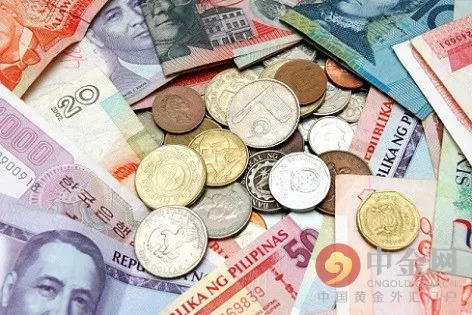
© Image | Baidu
A case in point is the Brexit uncertainty weighing on the British pound and UK government bond yields. In contrast, UK equities have been somewhat cushioned by the pound’s weakness.
Pressure
The added problem for emerging assets is that when risk aversion is high, investors often sell first and ask questions later, while looking at broad gauges of emerging market assets with little distinction between countries.

© Image | Baidu
Admittedly, emerging market currencies as a bloc have been under pressure all year from a strengthening US dollar, but the problems in non-Asian emerging markets have added further downward pressure.
Thus, the JP Morgan global index of emerging market currencies is down by around 13 per cent in 2018, but the vast majority of the weakness has been outside Asia.
Currency weakness
Within Asia, only India, Indonesia and the Philippines have seen (comparatively mild) currency weakness, although it has to be said that the market has correctly identified the currencies with the weakest fundamentals.
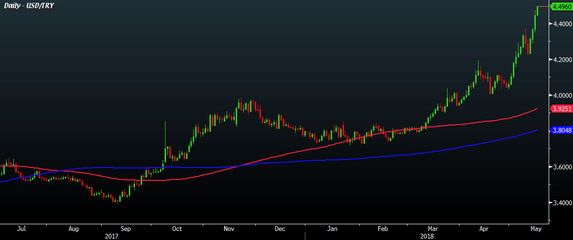
© Image | Baidu
These three account for just 15 per cent of emerging market Asia equities. Yet, as global investors have sold global emerging market assets and driven emerging market equities down by a little more than 10 per cent in the year to date, emerging Asian equities have suffered nearly as much, having fallen by nearly 10 per cent.

